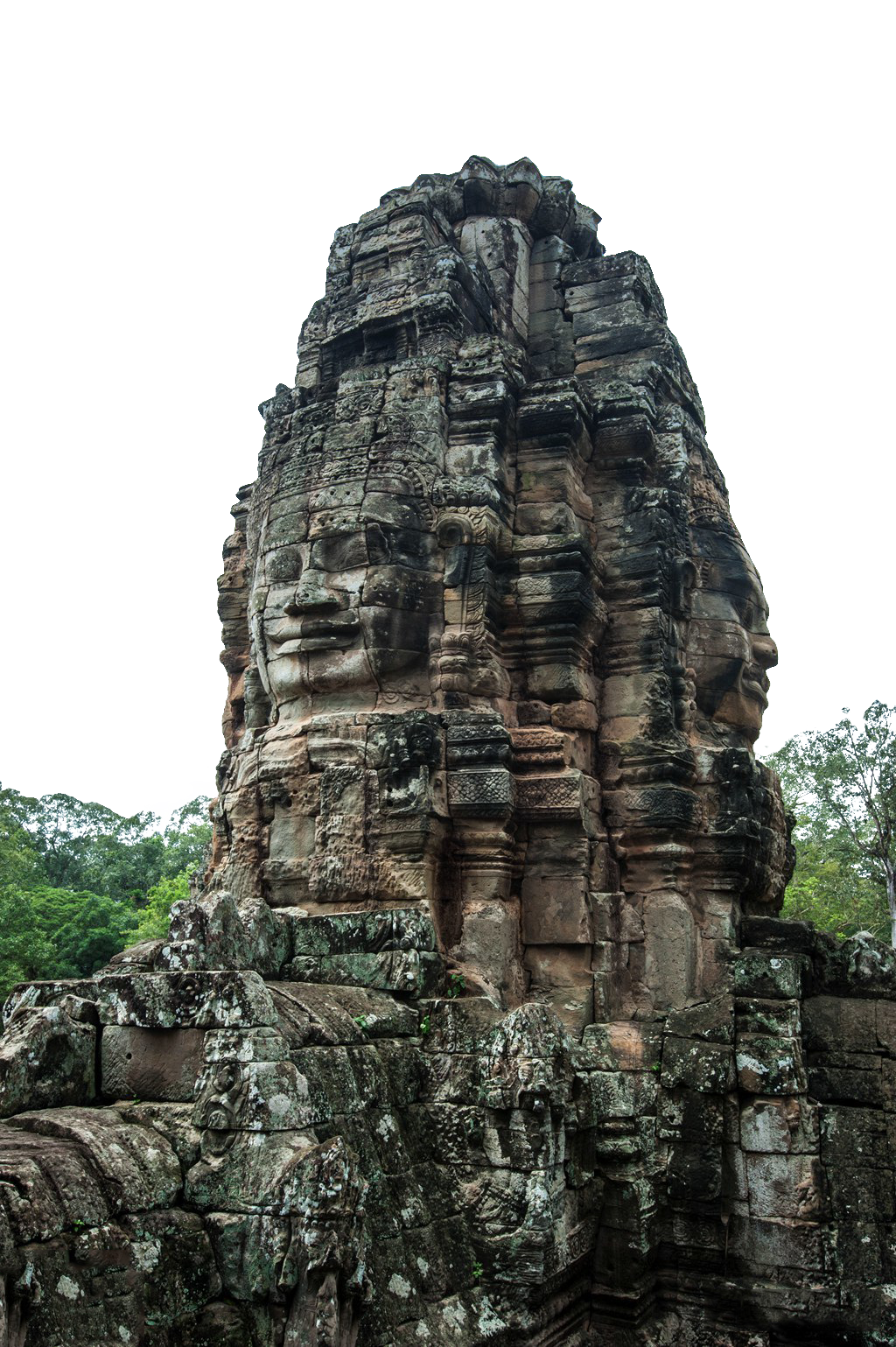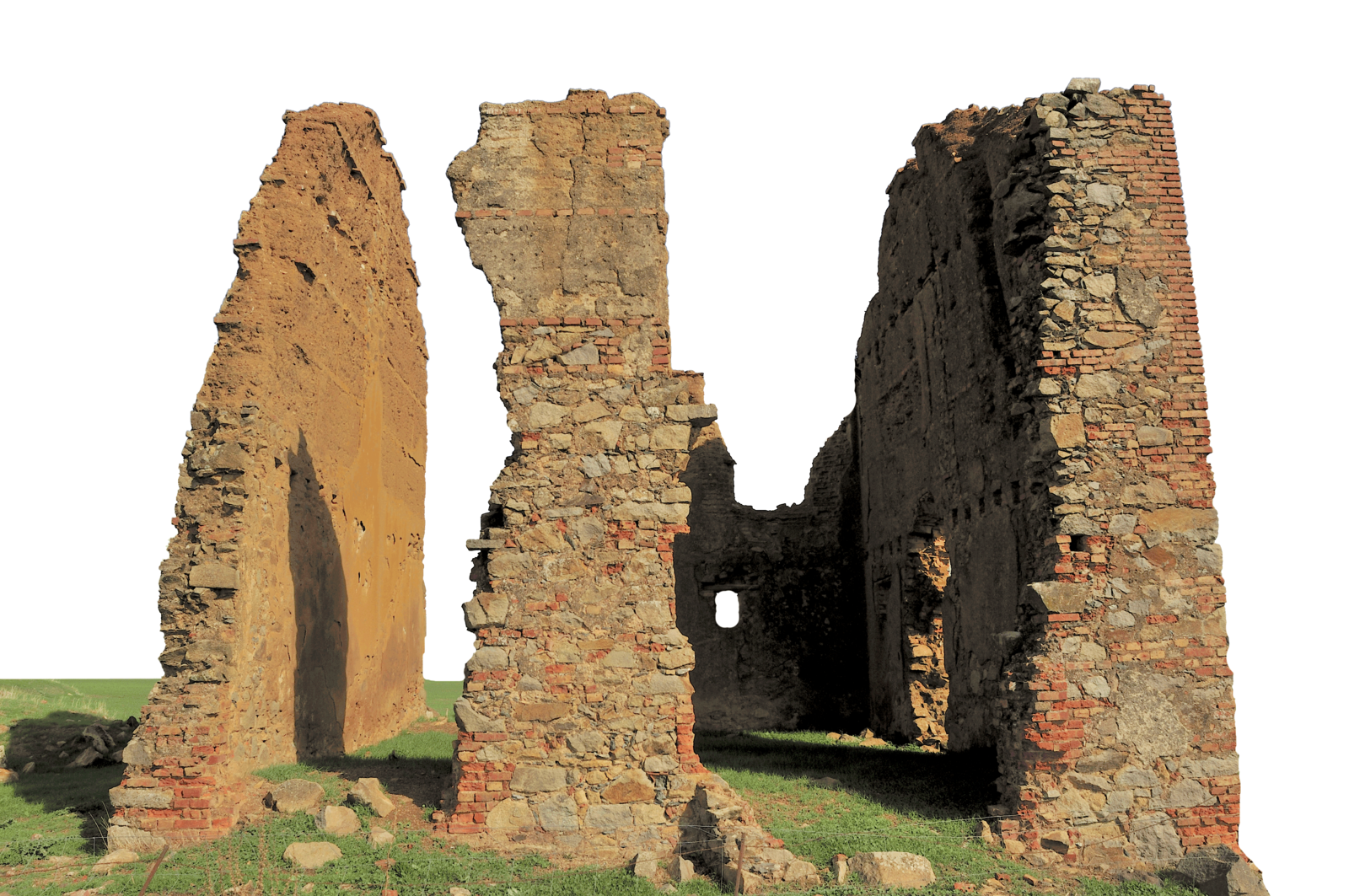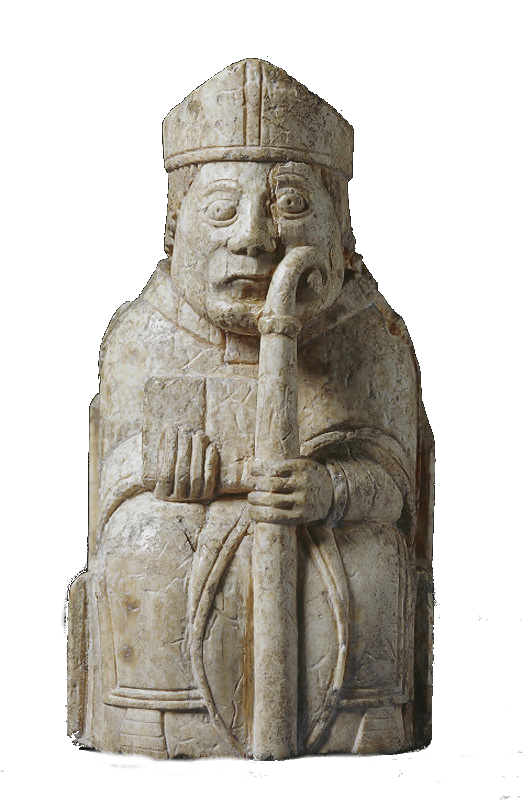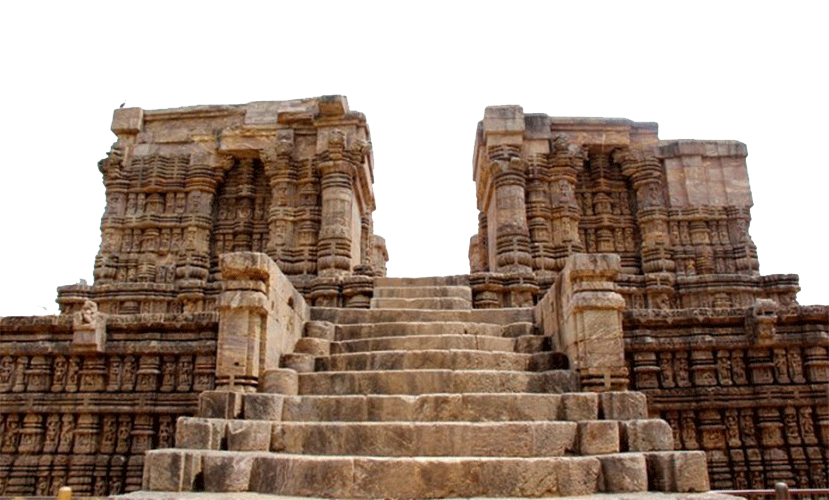I feel like that makes sense. I was reading a book recently about zoo history and it was relatively recently when a lot of primates were kept exclusively inside to keep them warm, it makes logical sense to protect them, but a few zoos in the 20's and 30's started giving them a bit of time outside and realised that it made a real difference to their health. Now we generally give them free access outside and all the other improvements to see long healthy lives.
It's taken a long time for us to realise how to raise healthy humans, nevermind healthy animals.



